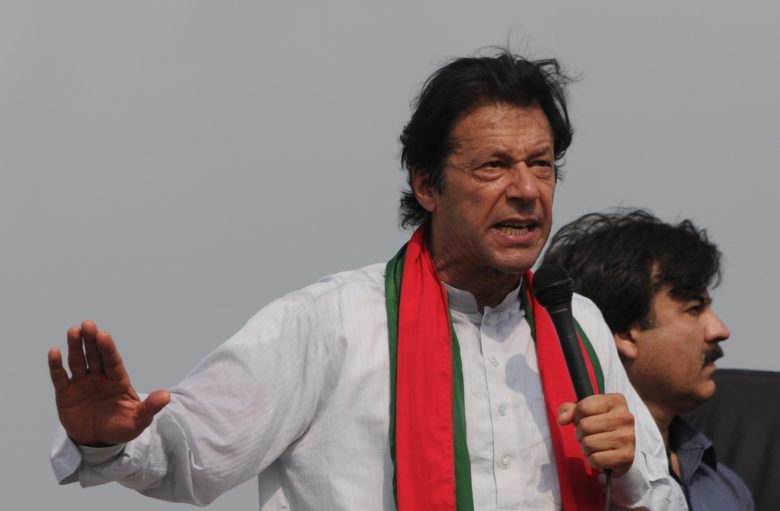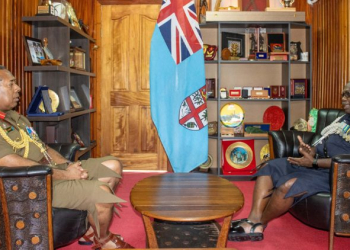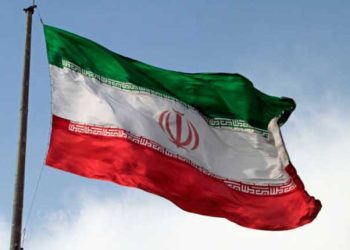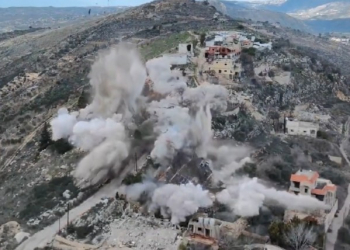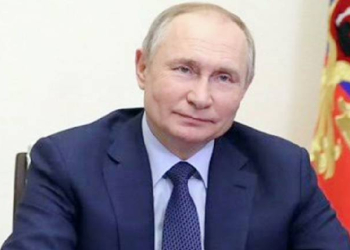New Delhi: It has been six days since the ousted Pakistani Prime Minister Imran Khan had given an ultimatum to his successor, Prime Minister Shehbaz Sharif. Khan had declared that he would return to Islamabad with millions of people in six days if fresh elections are not announced, so far, Sharif has rebuffed Khan’s blackmail.
“I want to clarify to the leader of this group, your dictation won’t work. This house will decide when to hold elections,” Sharif told Khan. He asserted that the previous government was ousted via a constitutional process and it is his government’s prerogative to decide the timing of the next elections.
Six days ago, Imran Khan had failed to come to the protest site with millions of supporters. After abruptly cancelling his march, he had asked supporters to prepare for another long march to Islamabad against the “imported government” which is going to compromise with America on the blood of Kashmiris and recognise Israel.
“I ask the entire nation to prepare and wait for my call. This time we will be prepared. Protest is our democratic right. If the imported government does not give the right, we will snatch it,” Imran Khan admitted that he failed to get 2 million people for the previous march.
According to an insider, Khan was not able to mobilize a large number of people, meaning that had he gone ahead with the sit-in, the situation may have become embarrassing for him.
Apparently, the military establishment conveyed to Khan that it was better for him to leave the capital and allow the government to work, and that elections will happen at the right time.
Since coming to power last month, the Sharif coalition government has been facing two key challenges: first, from a belligerent Imran Khan; second, the country’s deteriorating economy.
To make the situation worse, Sharif failed to secure new loans from China and Saudi Arabia, who have reportedly tied extending financial aid to an IMF deal. Now Sharif is in Turkey asking for aid from Turkish President Recep Tayyip Erdogan but Turkey is itself in a financial mess.
Pakistani watchers say that there is a huge pressure on the military establishment too given the economic crisis of the country. The establishment has conveyed to Imran Khan not to launch another march and to settle his disputes directly with the coalition government.
According to Pakistani media, the military was in touch with both political sides, and had even facilitated backdoor talks. The primary concern for the military, as per the report, is to take two parties onboard on the country’s approach to get the IMF programme going.
“The government’s bigger problem is whether it will have the time to recover from such short-term decisions. The key question is whether the ruling coalition will get the support they need from the military to govern capably for the remainder of the current parliament’s life,” Mosharraf Zaidi, founder and senior fellow of Tabadlab, an Islamabad-based think tank, told Nikkei Asia.
The former premier has, however, remained defiant and refused to call off his second long march. The Sharif government has approached the Supreme Court calling the long march an “armed attack on the state in the garb of political activity”.
“I am warning PTI against the announcement of another long march. One thing I want to illustrate, as soon as the long March is announced, let them come and I’ll see how they cross barriers this time,” tweeted the Interior Minister Rana SanaUllah Khan.



